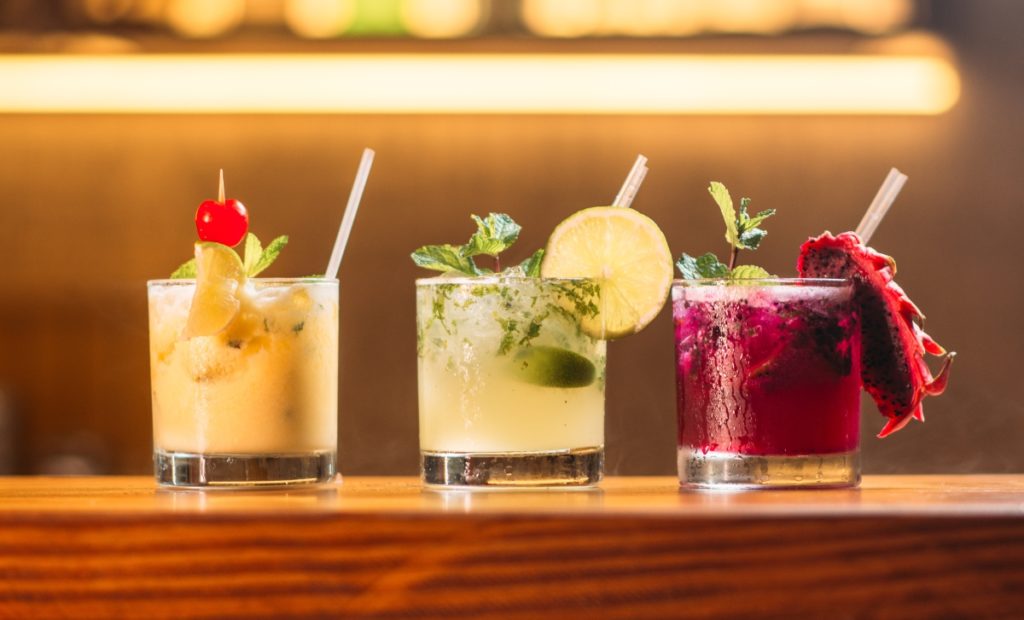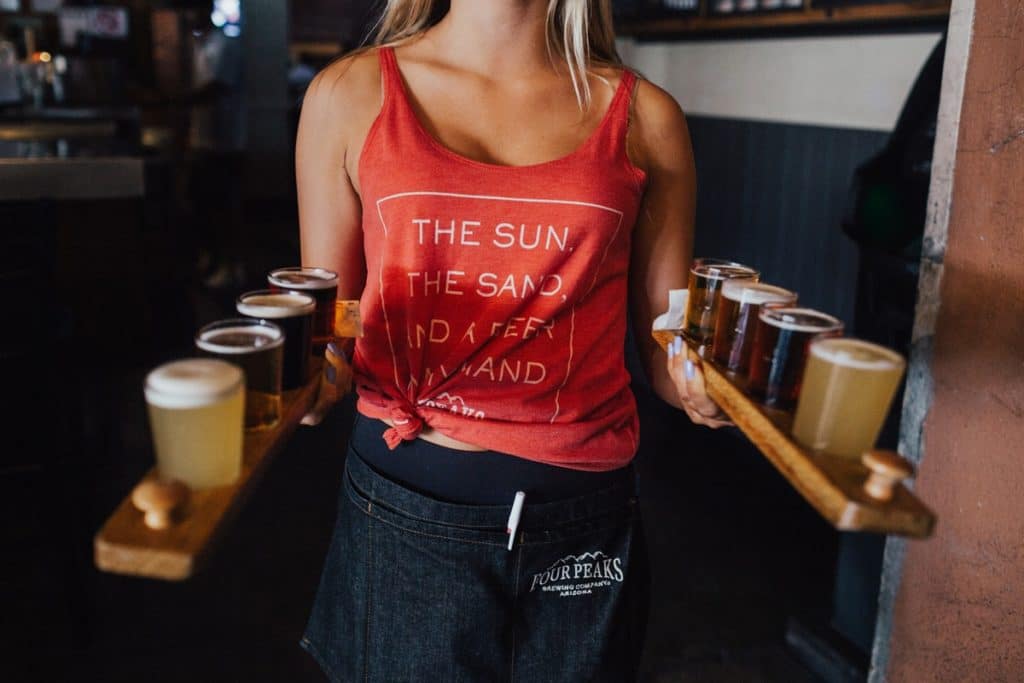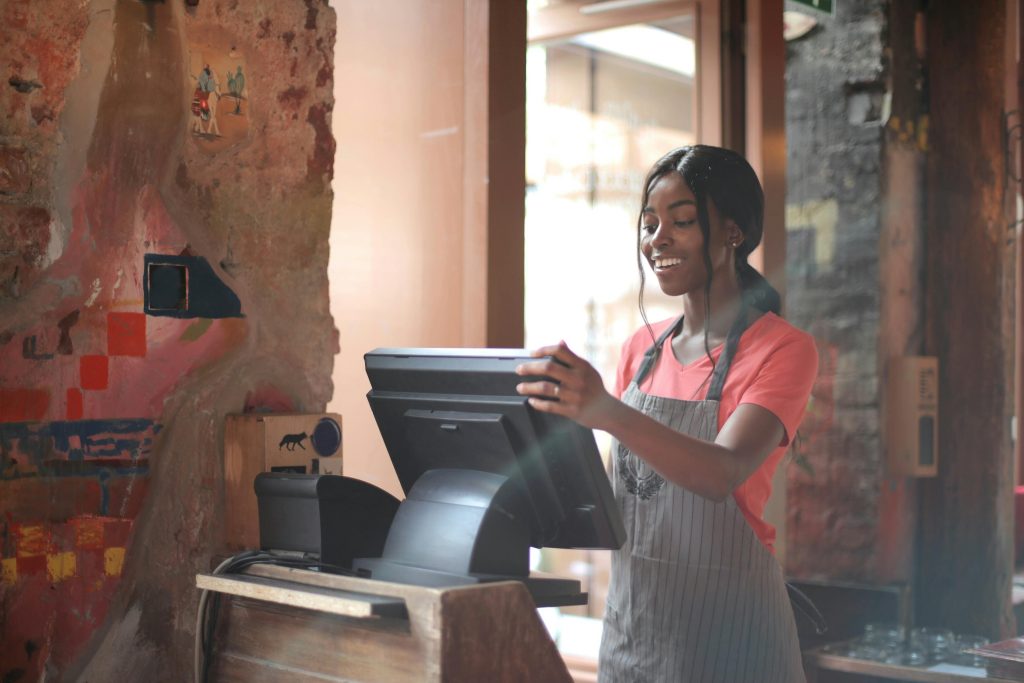
Australia is a prime destination for travelers and backpackers seeking employment in the hospitality industry. With its bustling cities, stunning coastal resorts, and remote Outback lodges, the demand for hospitality workers is high throughout the year. Whether you’re a barista, bartender, chef, or front desk attendant, this guide will help you navigate the process of finding a job in hospitality while on a Working Holiday Visa (WHV) in Australia.
Table of Contents
Certificate and training to work in hospitality
The RSA – Certificate for serving alcohol
In order to serve alcohol in Australia (wherever you are working), you must get ahold of the RSA, “Responsible Service of Alcohol”. This certificate is only valid in the state it is issued, but obtaining it is nothing but a formality. Expect spending between $50 and $100 as well as three to four hours of your time in order to pass it in class or online. Usually, your employer gives you one month before having to hand in a copy of your RSA certificate. But in reality, it is always better to have it beforehand in order to get hired.

Get your RSA
Barista course
If you’re more of a morning person and coffee is sacred to you, get started in barista training! Indeed, for Australians, coffee is a religion. The barista course will teach you the art of coffee, it is not mandatory but it is a plus to have it. And it will definitely help if you are looking for a job as a barista!
Bartending training
Is the bar your thing? Then complete a bartending training! You will learn how to make cocktails, the art of serving, dosages etc. This training is not mandatory but a plus in your job search in this branch.
Food Handler Course
The Food Handler Course aims to provide individuals with the essential knowledge and skills necessary to maintain food safety and hygiene in various environments such as restaurants, cafes, fast food outlets, and catering services. This course addresses key topics including foodborne illnesses, correct food handling practices, personal hygiene, cleaning and sanitizing procedures, and pest control.
As of December 2023, Food Standards Australia New Zealand mandates that all individuals involved in food handling must have proof of training for basic food handling.
How to find a hospitality job in Australia?
Walk-In applications
The door to door method is the most efficient way to find a job in this industry. Make sure to adapt your resume to the Australian standards. Indeed the layout is different from a lot of other countries. Once done take it with you to hand it out on your job hunt. Even better: directly ask for the manager. Try to engage in a conversation and collect as much information as possible. Ask whether or not they are hiring, what positions they want to fill and how many hours you would work per week.
Many cafes, bars, and restaurants prefer hiring candidates who show initiative by applying in person. Dress professionally, bring copies of your resume, and be prepared to speak with the manager about potential opportunities.
Online searches
Online Job Portals: Websites like Seek, Indeed, and Jora are popular platforms for job seekers. Use keywords like “hospitality,” “barista,” “waitstaff,” and “chef” to find relevant listings.
Hospitality-Specific Websites:
- Barcats: A platform dedicated to hospitality jobs across Australia, particularly useful for casual and part-time positions.
- Hospoworld: A specialized job site for hospitality management roles.
Networking
Word of mouth is powerful in the hospitality industry. Attend industry events, join hospitality groups on social media, and connect with fellow travelers and locals who might know of job openings.
For many of these roles, especially entry-level positions, employers look for candidates with a positive attitude, willingness to learn, and good communication skills rather than extensive experience.
Recruitment Agencies
Agencies such as Pinnacle People and Frontline Hospitality specialize in hospitality placements. Registering with these agencies can provide access to temporary, part-time, and full-time positions.

Salaries in hospitality
You’ll need a TFN to work in Australia. Apply for one through the Australian Taxation Office (ATO) if you haven’t already.
The national minimum wage is currently $24.10 per hour (July 2024). But that, of course, only counts if you are declared or registered. If someone suggests paying you “cash in hand”, the employer often offers you lower pay. Keep in mind that you might be able to get back a part of your taxes at the end of the financial year. So being paid in cash is not always an advantage (especially because it is illegal in Australia, like almost anywhere else). As a “casual” employee and given the insecurity of these positions, your salary must be higher than minimum wage (+25%). Also make sure that you are paid higher rates on evenings, weekends and public holidays.
For all those in full time or part time you will not have that extra 25% but you will have a guaranteed number of hours per week as the terms of your contract will be very specific. You will also get paid days off if you are sick and holiday.
In some workplaces wages will also vary according to the day of the week from Monday to Thursday, then increase on Friday night and Saturday and again on Sunday, usually in the larger cities.
Under Australian laws, employees work up to 38 hours in a week. You can be asked to work reasonable extra hours.
Employers are required to pay superannuation (retirement fund contributions) for employees. Make sure you understand how superannuation works and how to access it when you leave Australia.
More info: Examples of backpacker jobs & salaries in Australia

Understanding the Hospitality industry in Australia
The hospitality industry in Australia encompasses a wide range of roles in various settings, including:
- Hotels and Resorts: Front desk, housekeeping, concierge, and management positions.
- Restaurants and Cafes: Chefs, cooks, waitstaff, baristas, and kitchen hands.
- Bars and Pubs: Bartenders, barbacks, and servers.
- Event Venues: Event coordinators, servers, and setup staff.
- Tourism and Recreation: Tour guides, activity coordinators, and customer service roles.
Waitstaff/Server
Working as waitstaff involves serving food and beverages to guests in restaurants, cafes, and bars. It requires good communication skills, a friendly demeanor, and the ability to work under pressure during busy periods.
Bartender
Bartenders mix and serve drinks in bars, clubs, and restaurants. They need to have a good knowledge of cocktail recipes, liquor laws, and customer service. Bartenders often work late hours and need to manage a busy bar environment.
In the Kitchen
Chefs and cooks are responsible for preparing meals in restaurants, cafes, and other food establishments. This can range from entry-level positions like line cooks to more advanced roles such as sous chefs or head chefs, depending on experience and qualifications.
Kitchen hands assist in the kitchen with tasks such as washing dishes, preparing ingredients, and cleaning. This entry-level position is a good starting point for those looking to gain experience in the culinary side of hospitality.
Host/Hostess
Hosts or hostesses welcome guests to a restaurant or hotel, manage reservations, and seat guests. This role requires good organizational skills and a friendly attitude.
Barista
Baristas specialize in making coffee and typically work in cafes and coffee shops. This role demands a good understanding of coffee brewing techniques, customer service skills, and sometimes, creativity in latte art.
Opportunities for Visa Extensions
Second and Third Year WHV:
Working in regional areas in the hospitality sector can count towards the specified work requirement for extending your WHV. Ensure the job is in a designated regional area and meets the criteria set by the Department of Home Affairs.
Juggle with more than one job
Once you have landed a job, it is not always certain that you will be given a sufficient number of hours to work. The solution can be to work two or even three jobs at the same time. All you need is the right formula. If you are already working at a restaurant at night, why not look for a job in a cafe? Even a few times a week, during mornings or lunch time.. You can also send your resume to catering companies. Also send it to agencies that specialize in hospitality (for example Pinnacle or Need a Chef). They will call you to work at onetime events, mostly on weekends.
We hope that these tips will help you look for a job in a more relaxed way. Hospitality is not exactly the most exotic industry here, but it may be a good start. Also it offers numerous possibilities, so good luck!!




























Very nice article! How can someone do the 88 days rural work into hospitality? Which regions for ex. In Brisbane or general in Queensland offer that privilege ? I try to look on internet but with not any results. 🙂
Hi there, hospitality to renew your WHV is eligible in remote, very remote Australia – you can check our related article : https://www.australia-backpackersguide.com/eligible-areas-second-year-visa-australia/